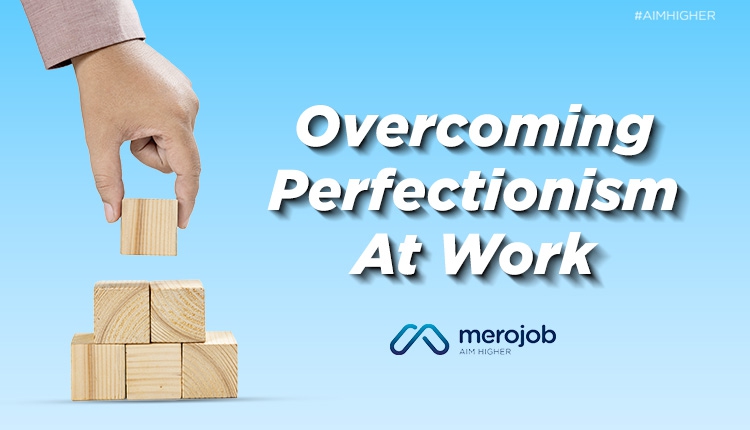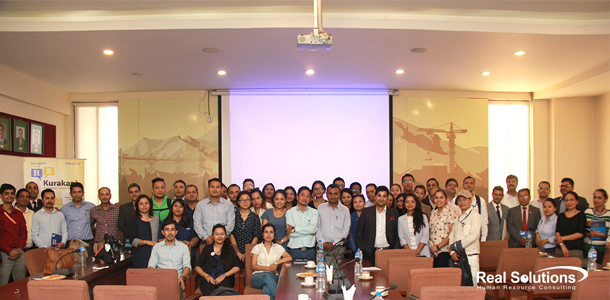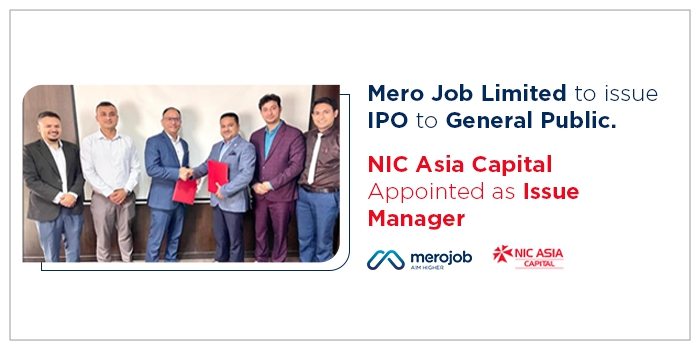"We've all been there—spending hours perfecting every detail of a project, tweaking things no one else will notice. But at some point, we realize it's draining us. That's when we need to shift our focus from perfection to progress. Here's how we can make that change."
Perfectionism, While seen as a drive for excellence can become a draining force that hampers productivity and well-being. Striving for flawlessness can lead to chronic stress, procrastination, and a fear of failure. By adopting healthier habits and perspectives, you can overcome perfectionism and find a balanced and fulfilling approach to your goals. Here’s how:
- Set realistic standards: Understand that excellence doesn’t mean flawlessness; it means doing your best given the resources and time available. Break tasks into manageable chunks and set achievable goals for each step.
- Focus on progress, not perfection: Celebrate small wins and incremental improvements. Recognize that growth is a process and each step forward is valuable, regardless of whether it meets your ideal of "perfect."
- Learn to accept mistakes: Mistakes are not failures, they’re opportunities for learning and growth. When you make a mistake, analyze what went wrong and use that knowledge to improve future efforts.
- Challenges negative thoughts: Perfectionism is often fueled by negative self-talk. When you find it extreme, challenge them with thoughts and replace them with a more balanced perspective.
- Set priorities: Not every task requires the same level of effort. Prioritize tasks by importance and deadlines then allocate time and energy accordingly.
- Practice self-compassion: Treat yourself with the same kindness and understanding you offer to a friend. Recognize that everyone has flaws and mistakes. Practicing self-compassion involves being gentle with yourself during times of failure or when you don’t meet your standards.
- Seek feedback: Feedback from others can provide valuable perspective that you might miss. It helps to counteract your biased views about your work. Seek constructive feedback and be open to it without defensiveness.
- Embrace a growth mindset: Adopting a growth mindset means believing that your ability and intelligence can be developed with effort. A growth mindset encourages learning from mistakes and opportunities to improve.
- Balance work & rest: Perfectionists often push themselves to the point of burnout. It’s crucial to balance work with relaxation. A well-rested mind is more creative and productive than a fatigued one.
Overcoming perfectionism is not about lowering your standards; it’s about finding a healthier and more sustainable way to achieve your goals. By setting realistic standards, focusing on progress, accepting mistakes, challenging negative thoughts, and balancing work with rest, you can break free from the chains of perfectionism and thrive in both your personal and professional life.














